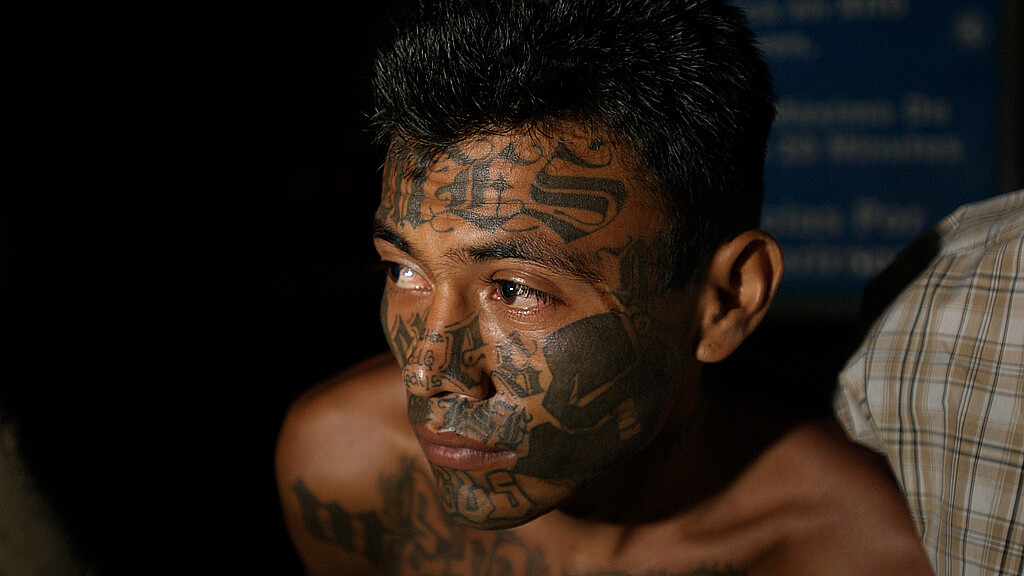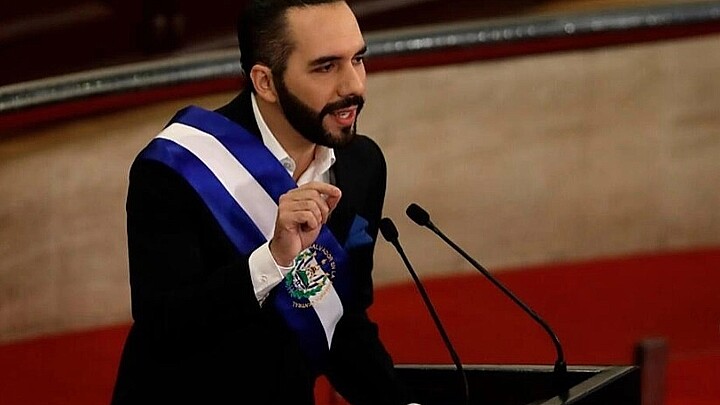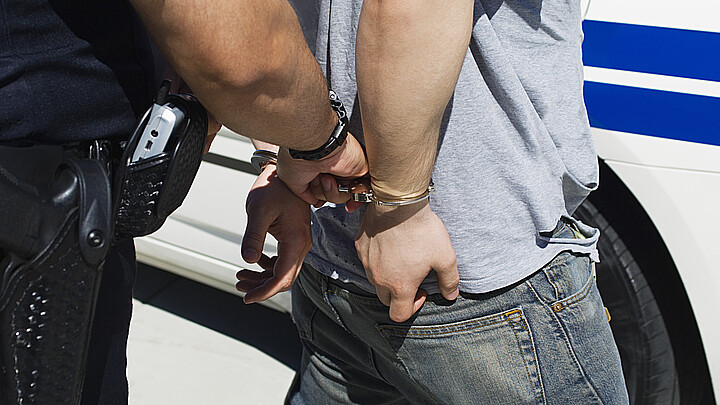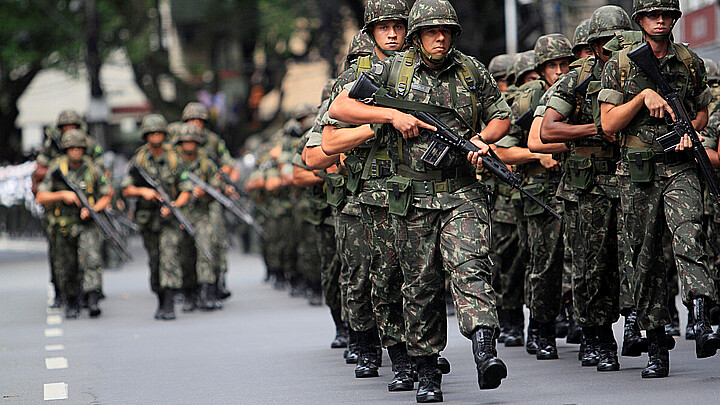Crime
VIDEO: El Salvador sends 2,000 more suspected gang members to prison
“They are never going to return to the communities, the neighborhoods, the barrios, the cities of our beloved El Salvador,” said Gustavo Villatoro, El Salvador’s minister for justice and peace

March 16, 2023 8:38am
Updated: March 16, 2023 12:58pm
The government of El Salvador sent an additional 2,000 suspected gang members to its new “mega-prison” on Wednesday, vowing that “they will never return” to the streets.
“They are never going to return to the communities, the neighborhoods, the barrios, the cities of our beloved El Salvador,” said Gustavo Villatoro, El Salvador’s minister for justice and peace.
Este día, en un nuevo operativo, trasladamos al segundo grupo de 2,000 pandilleros al Centro de Confinamiento del Terrorismo (CECOT).
— Nayib Bukele (@nayibbukele) March 15, 2023
Con esto, ya son 4,000 pandilleros los que habitan la cárcel más criticada del mundo. pic.twitter.com/A2oTUIYubW
In February, El Salvador opened a new “mega-prison,” for 40,000 gang members in order to crack down on crime. Dubbed the Terrorism Confinement Center, the prison is located about 45 miles (72 kilometers) east of San Salvador.
“This will be their new house, where they will live for decades, all mixed, unable to do any further harm to the population,” president Nayib Bukele said at the time.
The statement comes after Bukele requested a month-long extension of its state of exception, which the government originally established in March after a surge in gang-related homicides. Under the state of exception, constitutional protections are temporarily suspended, and there is limited freedom of association.
Additionally, Bukele reformed the country’s penal code to increase jail time for gang members and try minors who are involved with gangs as adults.
More than 65,000 suspected gang members have been arrested—or 2% of the entire country’s adult population—according to government statistics. However, more than 57,000 of the prisoners are still awaiting formal charges or a trial and many others do not have the right to consult a lawyer.
Human rights organizations, however, have criticized the measures El Salvador has taken during the crackdown. Human Rights Watch claimed that the crackdown has led to “mass arbitrary detention, torture and other forms of ill-treatment against detainees, deaths in custody, and abuse-ridden prosecutions.”










